Experts have created a ‘miracle material’ that will be the end of conventional solar panels: 60 times more energy and unexpected performance.
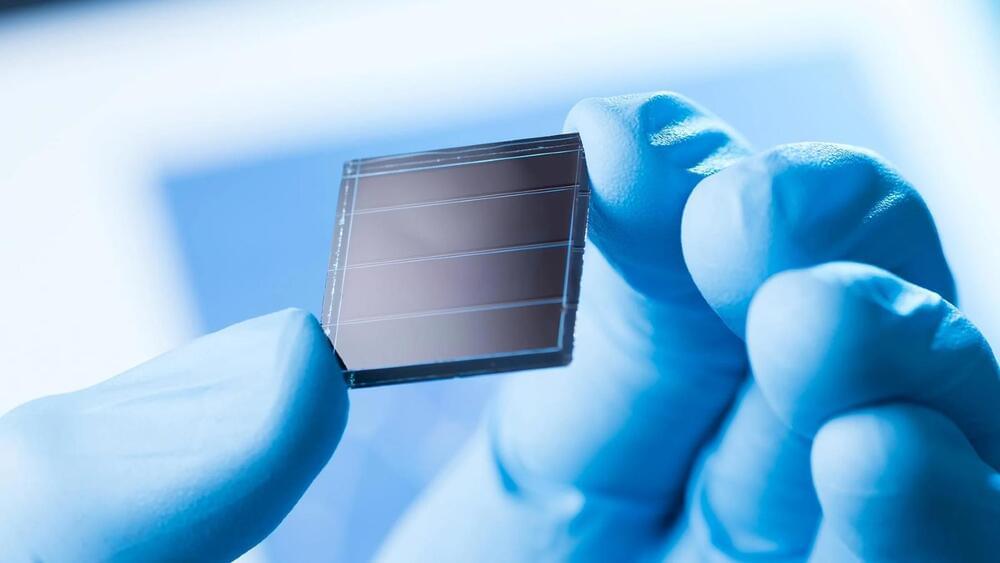


Scientists at the University of Texas used a breakthrough laser recycling technique to turn plastic into computer components.
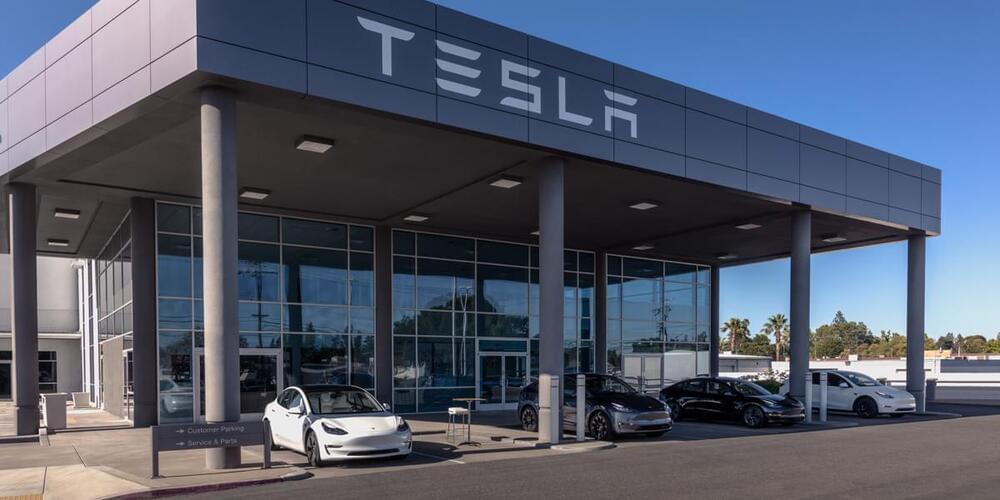
Tesla has reportedly chosen its location for the Robotaxi unveiling event on October 10, and it is quite interesting.
According to a new report from Bloomberg, citing people familiar with the matter, Tesla is planning to show off its new Robotaxi platform, along with “a few other things,” at the Warner Brothers Studio in Burbank, California.
Tesla initially planned to hold its unveiling event on August 8, but it was pushed back to October 10 due to a request for a front-end design change by CEO Elon Musk, who also hinted there would be more to show at the event with the delayed date.
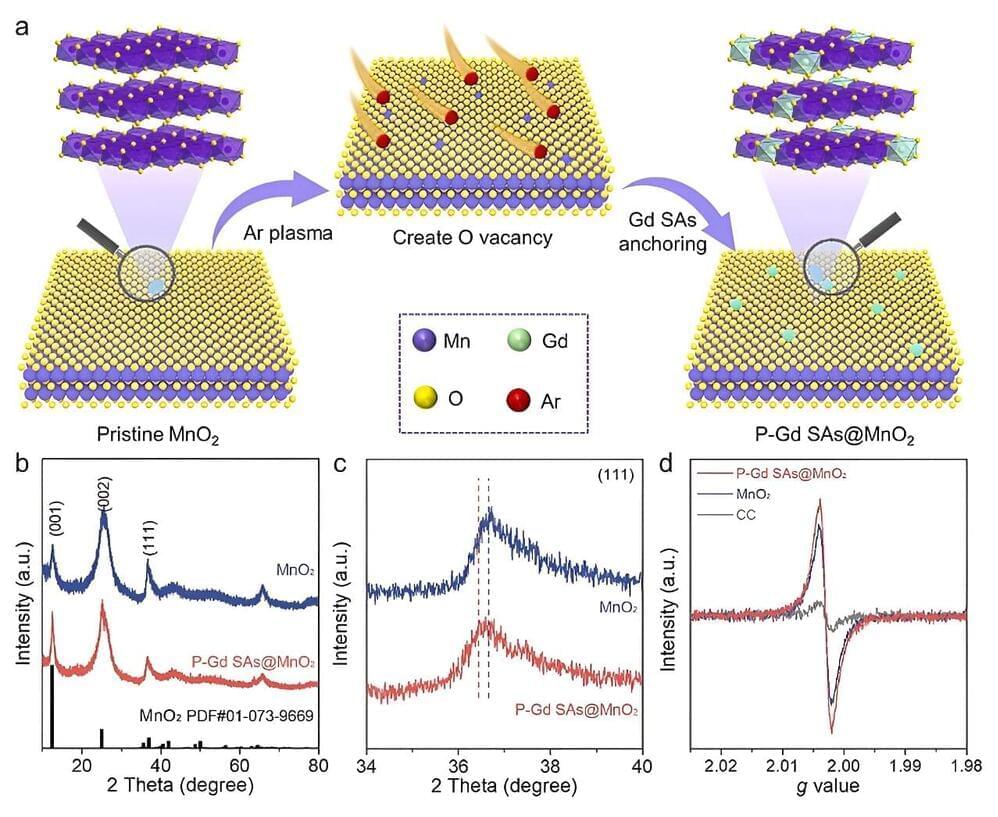
An international group of researchers has developed a novel approach that enhances the efficiency of the oxygen evolution reaction (OER), a key process in renewable energy technologies. By introducing rare earth single atoms into manganese oxide (MnO2), the group successfully modulated oxygen electronic states, leading to unprecedented improvements in OER performance.

Researchers at SLAC have made groundbreaking strides in understanding the photoelectric effect, initially described by Einstein.
They’ve developed a technique using attosecond X-ray pulses to measure electron-emission delays, revealing discrepancies in existing theories by showing larger-than-expected delays. Their method provides a new tool to study electron-electron interactions, which are fundamental to many technologies, including semiconductors and solar cells.
New Photoelectric Effect Insights
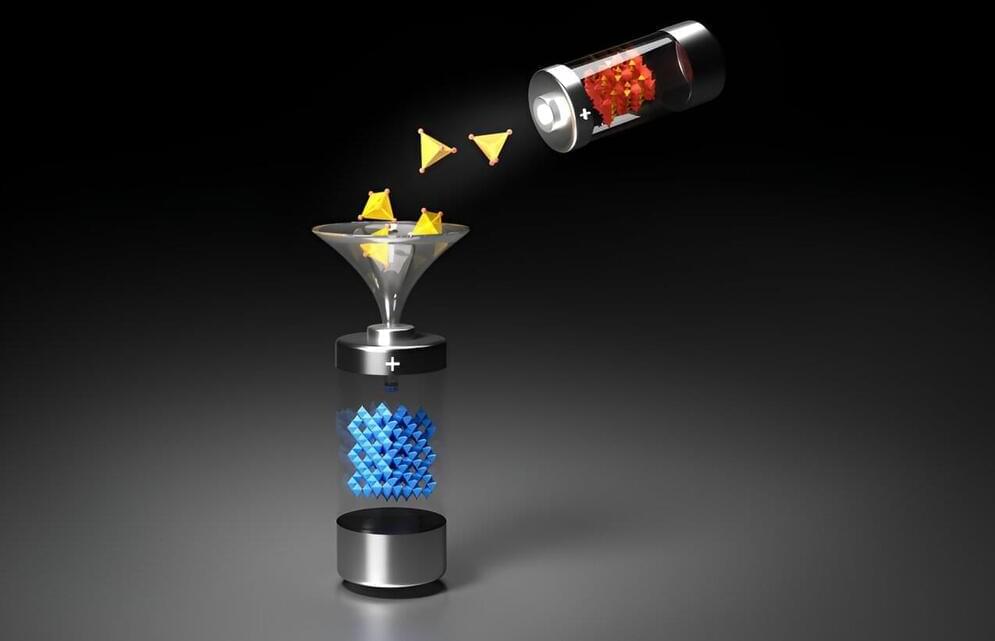
For the past decade, disordered rock salt has been studied as a potential breakthrough cathode material for use in lithium-ion batteries and a key to creating low-cost, high-energy storage for everything from cell phones to electric vehicles to renewable energy storage.
A new MIT study is making sure the material fulfills that promise.
Led by Ju Li, the Tokyo Electric Power Company Professor in Nuclear Engineering and professor of materials science and engineering, a team of researchers describe a new class of partially disordered rock salt cathode, integrated with polyanions—dubbed disordered rock salt-polyanionic spinel, or DRXPS—that delivers high energy density at high voltages with significantly improved cycling stability.
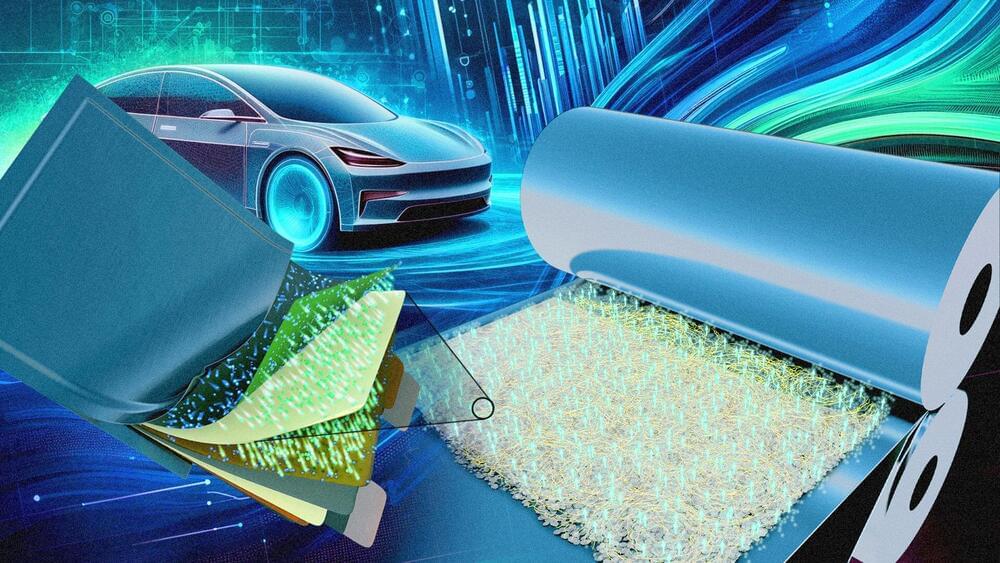
Using a polymer to make a strong yet springy thin film, scientists led by the Department of Energy’s Oak Ridge National Laboratory are speeding the arrival of next-generation solid-state batteries. This effort advances the development of electric vehicle power enabled by flexible, durable sheets of solid-state electrolytes.
The sheets may allow scalable production of future solid-state batteries with higher energy density electrodes. By separating negative and positive electrodes, they would prevent dangerous electrical shorts while providing high-conduction paths for ion movement.
These achievements foreshadow greater safety, performance and energy density compared to current batteries that use liquid electrolytes, which are flammable, chemically reactive, thermally unstable and prone to leakage.
The best solar company in Australia just installed my new solar system. Check them out here: https:…
Aquaria’s line of atmospheric water generators can generate affordable drinking water from moisture in the air.